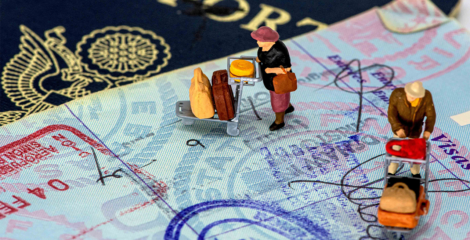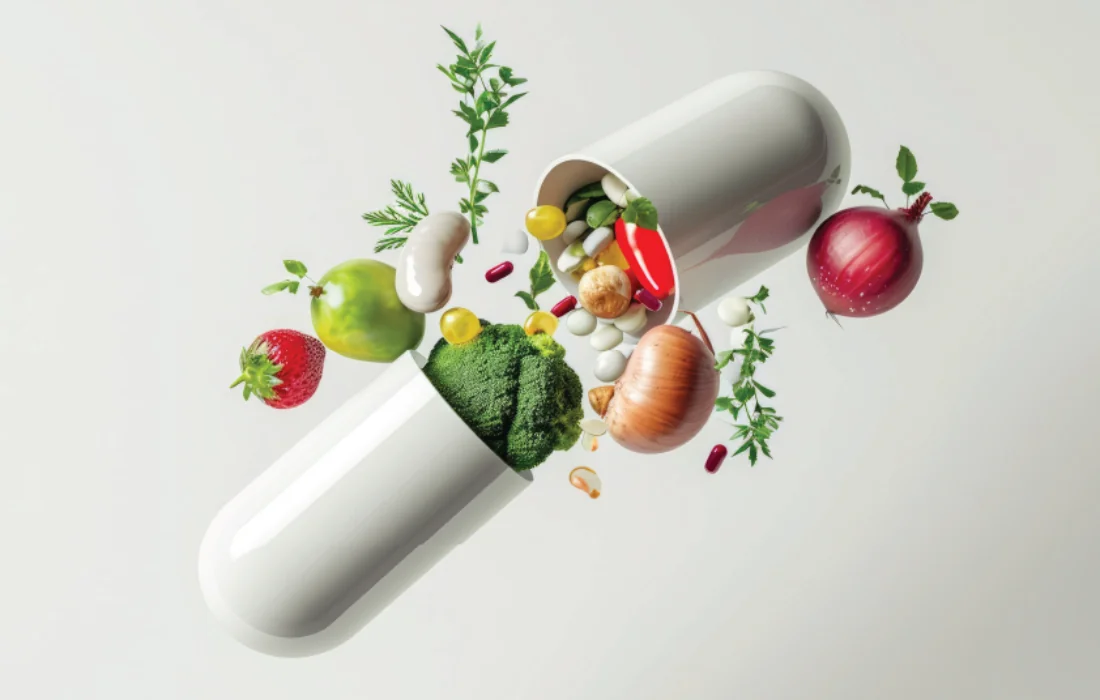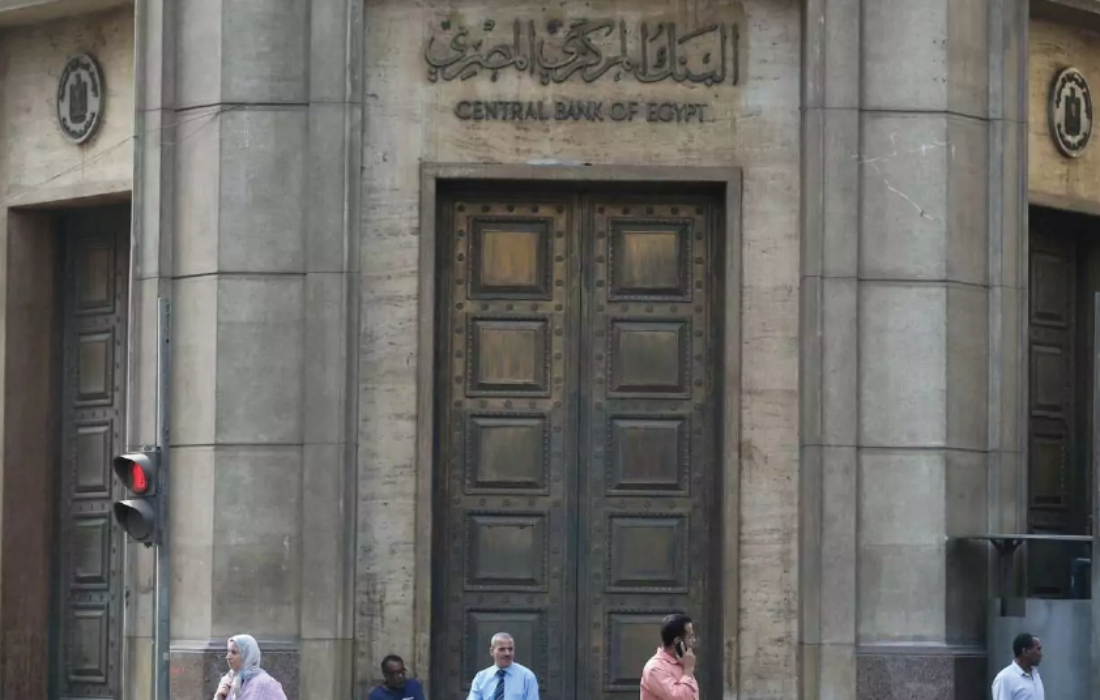- Egypt introduces limited VAT amendments to broaden the tax base and support increased investment in human development.
- Essential goods, healthcare, and education remain exempt. In addition, the general VAT rate stays unchanged at 14%.
- Key sectors affected include construction, commercial property, crude oil, tobacco, and alcohol under reforms targeting tax fairness and efficiency.
VAT
The Egyptian Ministry of Finance introduced limited amendments to the Value Added Tax (VAT). This is to broaden the tax base and address certain gaps aiming to support the increase in spending on human development.
The Egyptian Tax Authority stressed that the changes do not affect tax exemptions on essential goods, food, healthcare, or education services. The changes also do not raise the general VAT rate.
These amendments are working towards correcting certain inefficiencies in the tax system to promote fairness. In addition to encouraging business to join electronic systems.
Amendments
According to the Tax Authority’s statement, it plans to apply the general VAT rate (14%) to construction services instead of the 5% schedule tax. Furthermore, businesses will be allowed to deduct taxes paid on input materials and services. Additionally, contractors will be able to deduct or reclaim VAT paid on machinery and equipment used to deliver construction services. Thus, this may reduce the overall cost of the service.
Additionally, shops and administrative units in non-commercial areas will remain exempt. However, those in commercial areas like malls and shopping centers will be taxed at 1% of their sale or rental value. This aims to standardize tax treatment between commercial shops and commercially used administrative spaces.
Crude oil, not end-user petroleum products, will be taxed under a 10% schedule tax, This will not increase fuel prices in the local market. This is because the Egyptian General Petroleum Corporation, the only crude oil buyer in Egypt, will bear the coast in its next fiscal budget.
Taxes were also expanded on cigarettes in response to industry requests. The tax increased by 50 piasters for the first time since 2023. Additionally, alcoholic beverages will be taxed on a progressive scale tied to alcohol content. This instead of the previous percentage of sale price model.
If you see something out of place or would like to contribute to this story, check out our Ethics and Policy section.














